IATA: Aviation Legislation Actions May Cause More Harm to Travelers

The commentary comes from the IATA Annual General Meeting, being held from Sunday, June 2 through Tuesday, June 4 in Dubai.
“Aviation Represents the Entire Continent”
Speaking at a press briefing, IATA regional vice president Peter Cerda underscored the importance of aviation in the North Americas. Noting that over 90% of tourists arrive to the American continents by air, he noted that the aviation industry is targeted for taxes and fees more than other forms of transportation despite the lack of infrastructure for buses and rail travel.
Although the North American market is expected to grow by over 6% in 2024, he said flyers are expected to pay a higher cost for airport upkeep and improvements. As an example: Canadians pay exorbitantly higher taxes compared to other parts of the Americas, even on domestic routes. For a trip between Calgary and Toronto, around $100 of the ticket price is additional government expenses.
“Canada’s airports are charged rent by federal government, money which is not reinvested in the aviation value chain,” said Cerda. “Hence, passengers are charged airport improvement fees through the ticket funding improvement in airport infrastructure.”
Their regulatory issues do not end with taxes. Cerda also pointed to recent regulations in the United States which would force airlines to provide flyers with refunds for delayed or cancelled flights, even when the carrier has no control over the situation. Combined with a change which would require airlines to advertise fares with ancillary fees. Cerda argues that the changes will ultimately cost travelers more over the long run, despite having more avenues to get their money back.
“It’s important to balance consumer rights with the unique aspects of air travel, ensuring fairness and sustainability for all stakeholders,” said Cerda. “Unfortunately, we still see legislation being proposed in many countries for the protection of the consumer which will only drive-up costs and not necessarily help the traveler.”
Instead of blaming the airlines alone, Cerda suggests making other stakeholders bear more responsibility for flyers missing connections or flight issues. As an example, he pointed to the time to clear customs or security in U.S. airports. While other nations are using biometrics and new technology to streamline the process, the United States and other nations are noticeably lagging behind.
“What all these legislative initiatives fail to address is the topic of shared accountability: Airlines operate in a complex network, where service disruptions can occur due to interlinked factors,” said Cerda. “The focus should instead be on ensuring the entities causing the disruptions take responsibility rather than unfairly attributing the blame to the airlines.”
When addressing the interoperation issues between the United States and Mexico, Cerda said the two nations faced a perfect storm of issues, as both countries are in a presidential election cycle. After the current administration downgraded Mexico to a Category 2 country in 2021 before restoring it two and one-half years later, they announced plans at the beginning of 2024 to break up the four-year-old joint venture between Delta and Aeromexico.
“We’re a fast-changing industry. Joint ventures, codesharing, and open skies is the name of the game,” said Cerda. “It’s the best way to bring more competition, more connectivity, and better service and pricing for passengers. If the U.S. government and Mexican government are unwilling to sit down and discuss a reasonable partnership which benefits the entire industry, it will have a detrimental effect on connectivity.”
Cerda is encouraging government stakeholders to continue to work with the aviation industry to improve the passenger experience in multiple ways. With air carriers willing to work with carriers, IATA is asking for their international partners to work together towards mutual success.
“Today’s passengers expect a seamless and pleasant travel, without long lines, by using biometrics and the latest technologies to facilitate travel and not hinder it,” said Cerda. “This is what the passenger should expect when they travel.”



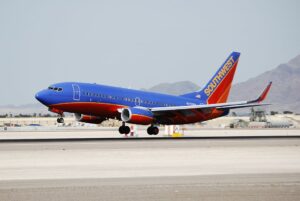
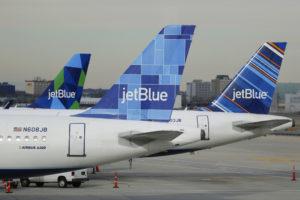




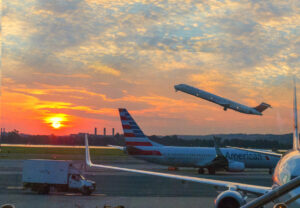

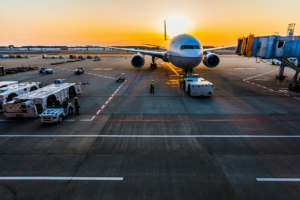








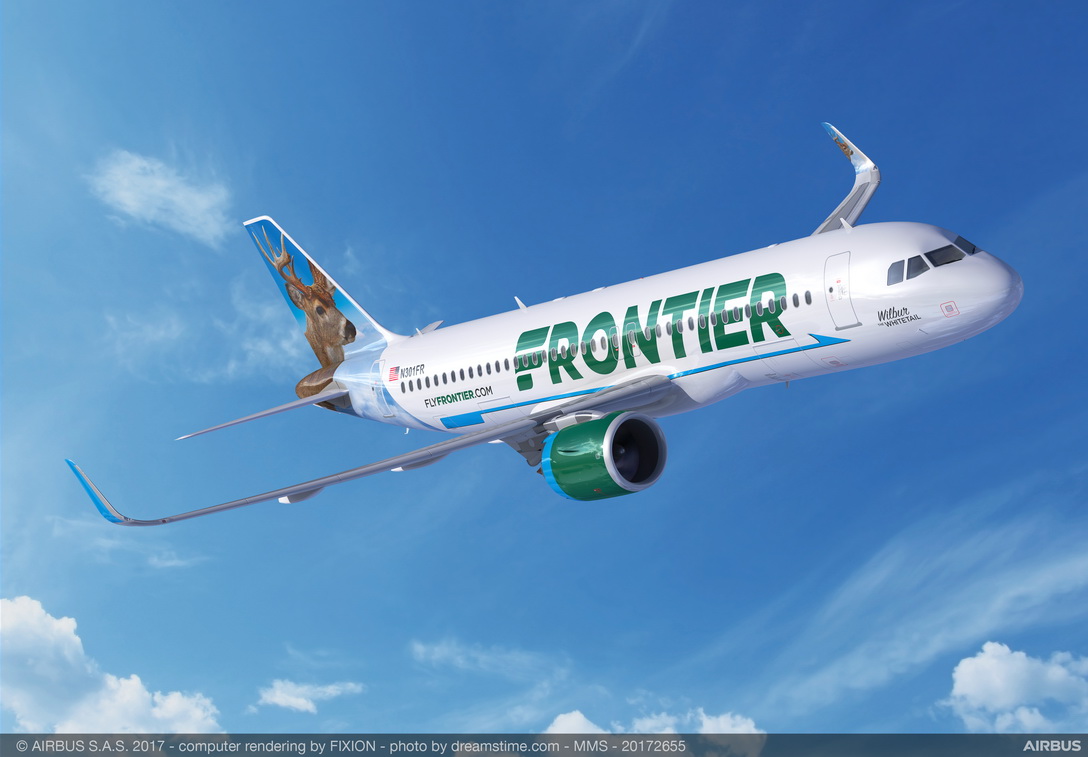



This is a fascinating insight into the aviation industry's challenges in North America. Peter Cerda's emphasis on the disproportionate taxation and regulatory burdens on airlines compared to other transportation modes is particularly eye-opening. It's clear that achieving a balance between consumer rights and the unique complexities of air travel is crucial. The call for shared accountability among all stakeholders, including customs and security processes, is a step in the right direction. Addressing these issues collaboratively could significantly enhance the passenger experience and foster a more sustainable and efficient aviation industry.
"Wolf and Fox Association: Crying Boy is Crazy; Henhouse is Safe. Stop worrying!"
Ah another 'by the industry for the industry' regulatory body. Like the association of realtors or nuclear regulator commission. These suggestions are just to keep the status quo, which the government finds is harming consumers. And fixes usually come from where the money is at--so airlines can pony up. If it passes the costs, that's fine too. It will all shake itself out as that's capitalism.
The same group who is ranting agains EU-261 consumer protection law over here in Europe, as it "created a monster that has added billions to the cost of providing travel."
Yep, the only monster they'd have to deal with is implementation of compliances.
I agree, it's shocking to see a text like this on this forum. A proxy for companies with this rant rant rant against regulations that indeed will provide some protection to customers, today at the mercy of an industry that acts as if we're living in the Wild West. Still, the same nonsense rang rang rang against taxes and so on. It is surprisingly shocking that, in the USA , a country whose population can refer (just one example) to retail commerce, which empowers and treats its consumers in a super evolved way, has a civil aviation sector that delivers medieval rights and behaviour to its customers. Oh, please, just look to other countries that indeed have regulations, look how miserable customers are.
Yep, transparency of fees is never a bad thing--how can hiding these benefit the consumer? Answer: they don't.